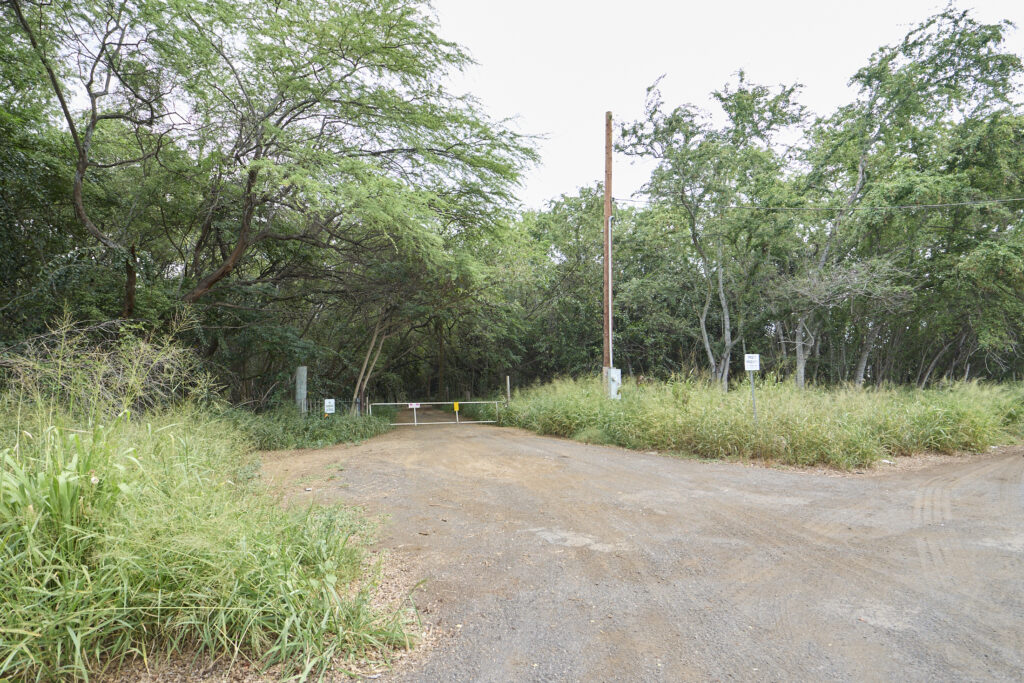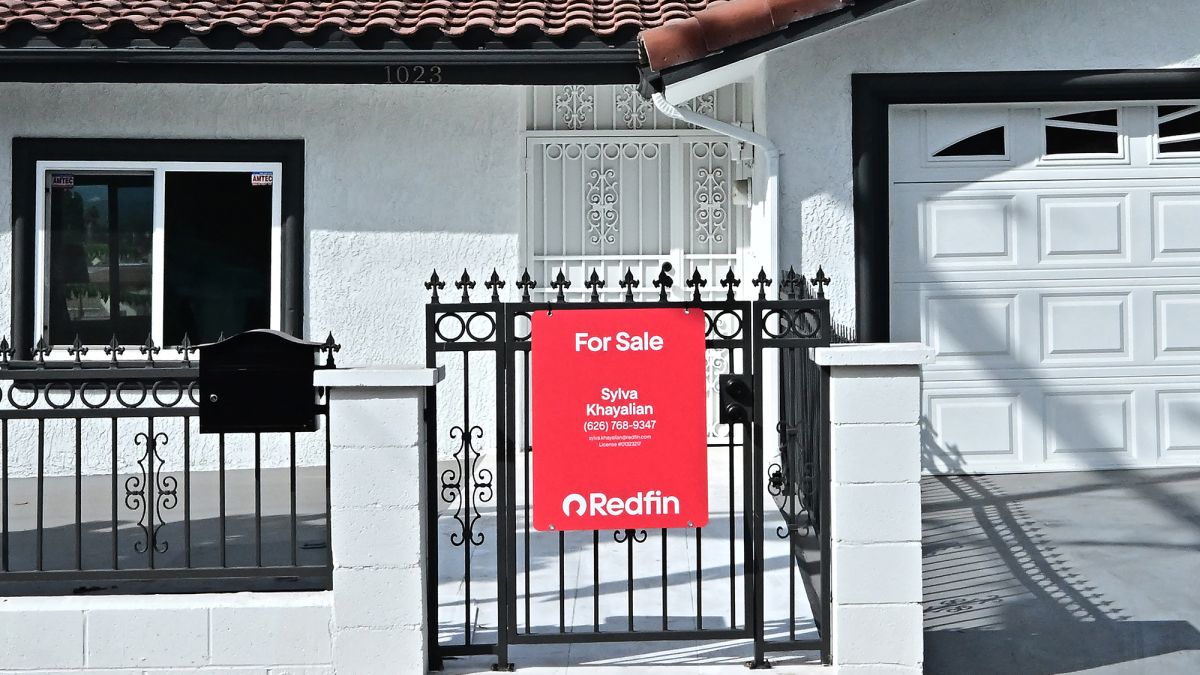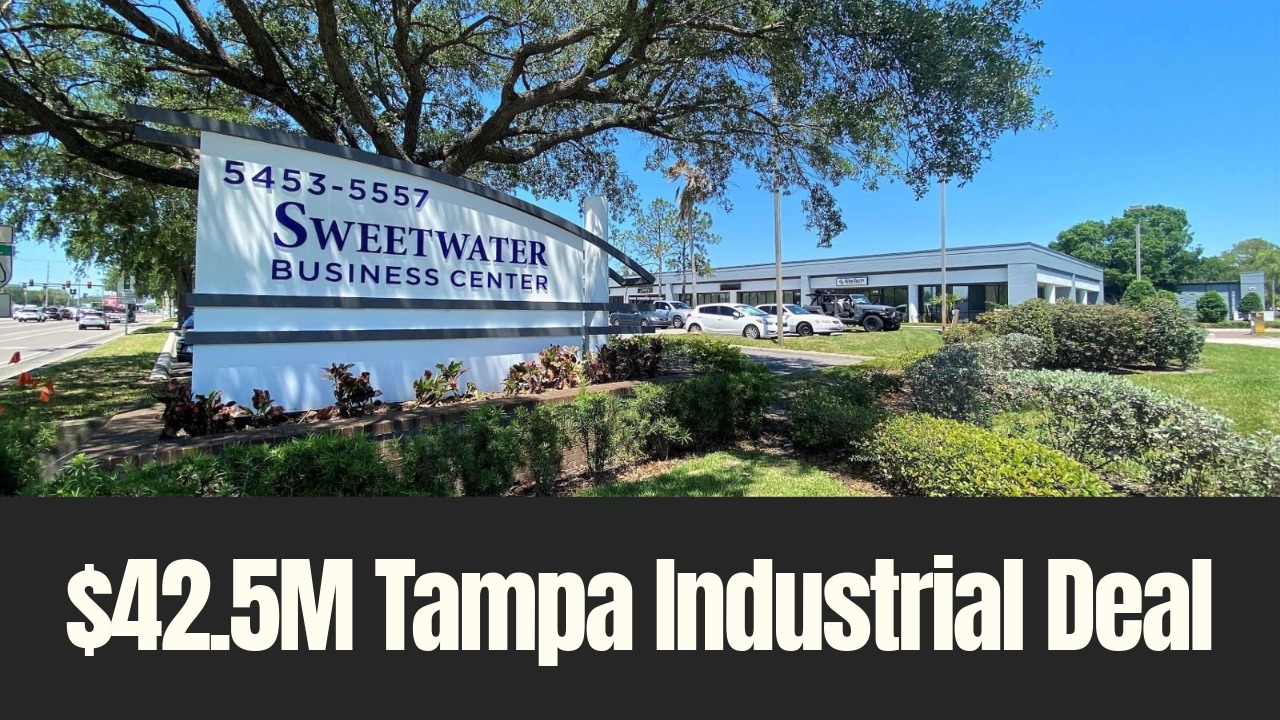T
he Hawaiian Homes Commission postponed a proposed deal that would have allowed Kalanianaʻole Development to create a commercial center in ʻEwa. The plan involved buying a 19‑acre parcel on Fort Weaver Road, donating it to the Department of Hawaiian Home Lands (DHHL), and leasing it back for 65 years. In return, the developer would pay a share of the revenue to DHHL, a move intended to help fund the agency that provides land to Hawaiians with at least 50 % ancestry.
Commissioners said the arrangement could let the developer sidestep county zoning rules by using DHHL’s special authority, but they demanded that environmental studies be finished before the donation is accepted. “I don’t want to put people on the land and then get sued a decade later,” said Commissioner Larry Lasua. The studies, expected to cost $350,000 and take nine months, would be paid by the developers.
The 19‑acre site, once a ranch slaughterhouse, is now owned by the Roman Catholic Church. State Senator Kurt Fevella recalled decades of animal waste and fertilizer dumping that was never cleaned up. Concerns about contamination prompted six waitlisters from Oʻahu to travel to Hilo and oppose the project. Commissioner Sanoe Marfil called for a broader community discussion in ʻEwa.
Kalanianaʻole’s president, Patti Tancayo, and developer Nan Shin are buying the land for about $6 million. By donating it to DHHL and leasing it back, they hope to avoid a lengthy county rezoning process. The lease would require the developers to pay market rent, and DHHL would collect additional sublease rent from tenants of the proposed Kuhio Gateway Center.
Christian O’Connor, Kalanianaʻole’s director of development, said the company is in escrow and will finish due diligence by December. He acknowledged contamination but promised the developers would fund the cleanup, not DHHL. If the site proves unworkable, DHHL would walk away, Russell Kaupu, DHHL’s lead land agent, confirmed.
O’Connor argued that the risk lies with Kalanianaʻole, noting banks would be reluctant to finance construction on a polluted site. He urged the commission to approve the agreement so DHHL could generate revenue similar to Kamehameha Schools. Commissioners, however, wanted clarity on the financial and environmental implications before moving forward.
Ultimately, the commission voted unanimously to defer the agreement until the environmental review is complete. DHHL Chair Kali Watson abstained; she had previously overseen the nonprofit housing firm run by Tancayo.













